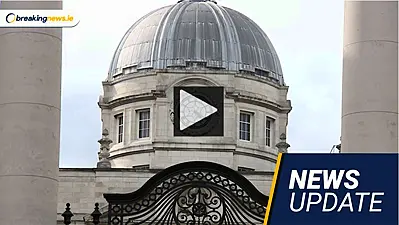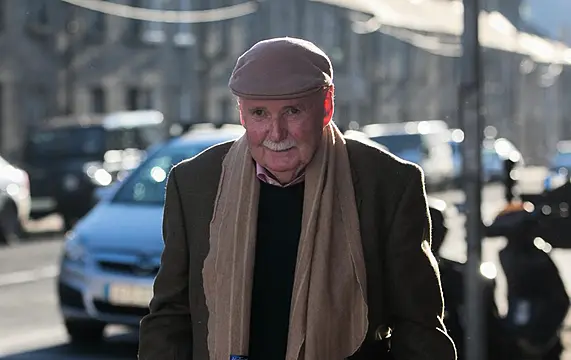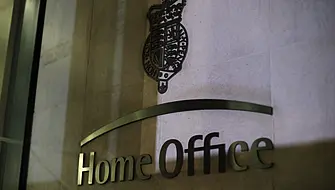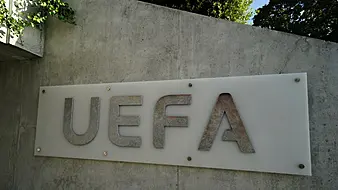The Court of Appeal (CoA) has directed that proceedings involving former Irish Nationwide chief executive Michael Fingleton must be reconstituted before they can progress due to concerns he does not have capacity to give instructions to solicitors.
Mr Fingleton’s appeal seeking to have dismissed, or permanently stayed, an action against him by the special liquidators of Irish Bank Resolution Corporation (IBRC), which took over Irish Nationwide after it collapsed, was due to be heard by the three-judge appeal court on Tuesday.
Depending on the outcome of the appeal, the case against him alleging mismanagement of the building society’s affairs, is provisionally listed to run for six weeks from October, but the adjournment has thrown this into doubt.
Prior to hearing the appeal of the stay motion, the CoA judges raised questions in relation to the 84-year-old’s ill-health and mental capacity.
Micheál P O’Higgins SC said his legal team took instructions from Mr Fingleton and his family and was satisfied this could be done properly.
He said it was made clear that Mr Fingleton wanted to appeal the May 2021 judgment of Mr Justice Tony Hunt, refusing to halt the October proceedings.
According to a medical report, Mr Fingleton’s condition is “permanent and progressive”, counsel said.
Capacity to progress
Lyndon MacCann SC, for IBRC, said there has been “inconsistent messaging” from the defendant’s side in relation to Mr Fingleton’s state.
He said it was indicated in October 2020 there was an intention to commence registration with the Enduring Power of Attorney (EPA), which, if enacted, would transfer many decision-making powers to Mr Fingleton’s wife and son as elected attorneys.
He said his side questioned how the appeal was continuing to run when Mr Fingleton’s capacity was being questioned.
Mr MacCann expressed concern that a lengthy delay at this point will mean there isn’t an “earthly prospect” of a judgment being delivered prior to the provisionally-listed October hearing.
In adjourning the appeal, Ms Justice Caroline Costello said it seems Mr Fingleton has not had the capacity to progress the proceedings since December 2020.
She referenced a statement sworn by Mr Fingleton’s son at that point in which he said much of the handling of proceedings would be “far above my father’s current ability”.
Michael Fingleton Jnr said his father did not engage with any intellectual or abstract instructions, and it was at times difficult to know if he understood what was being talked about, the judge read.
The judge said the court is concerned by the way the EPA application for Mr Fingleton has progressed. The court heard this process was initiated in recent days.
The case was adjourned for mention in late April, when it is hoped there will be a clearer picture as to the progress of the EPA application or other means of reconstituting the proceedings.

Ms Justice Costello said the court was urging the parties to consider mediation once the proceedings have been reconstituted, because it is “abundantly clear that both sides have a serious amount to lose in this case, not least in the costs of the case”.
She said the costs could be “ruinous”, and the plaintiff should consider that they could be disproportionate to anything recoverable from the defendant or his estate.
In proceedings initiated in 2012, IBRC made various claims, including alleging Irish Nationwide Building Society’s €6 billion losses between 2008 and 2010 arose from development loans made when Mr Fingleton was chief executive, that he had excessive control over the society’s business and that he flouted its lending rules.
If the true picture of the society’s affairs had been disclosed, IBRC claims, Mr Fingleton would have been summarily dismissed for breach of duty by 2007 at the latest and not have been paid expenses allegedly inappropriately incurred, plus some €1.2 million in performance bonuses for 2008 and 2009 when he left.







